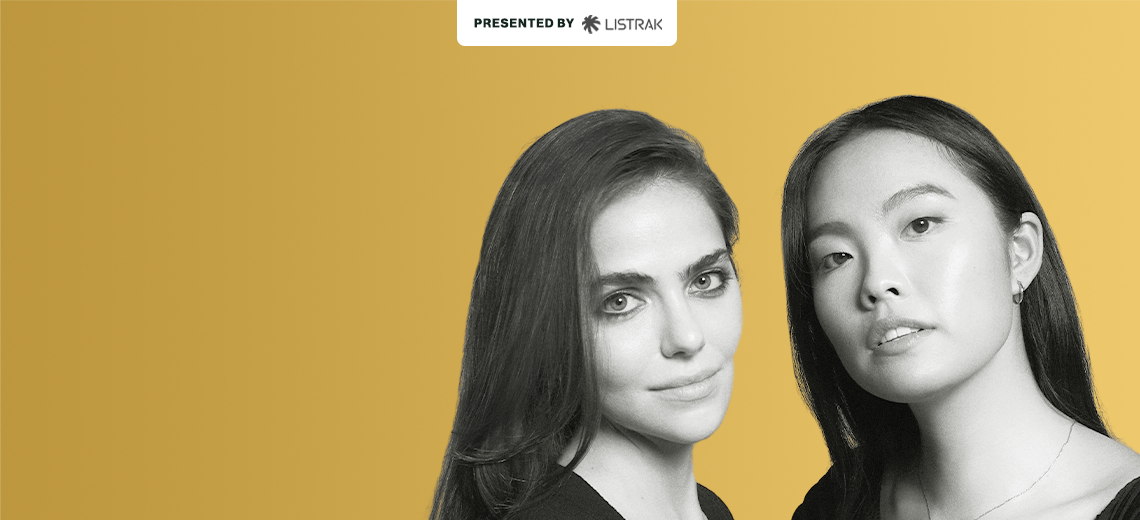This is an episode of the Glossy Beauty Podcast, which features candid conversations about how today’s trends are shaping the future of the beauty and wellness industries. More from the series →
Subscribe: Apple Podcasts | Stitcher | Google | Spotify
After meeting while working at Glossier, Rebecca Zhou and Annie Kreighbaum went their own ways in the DTC world. But in 2019, they decided to get back into beauty. Nearly a year ago, they launched their body-care startup, Soft Services, which offers products addressing skin issues such as body acne and keratosis pilaris in chic packages you’d want to display on your counter instead of hiding it in your medicine cabinet. Investors have taken notice: The brand has already raised $3 million in seed funding.
The idea was inspired by Kreighbaum’s beauty editorial years at Into the Gloss, where she learned that articles about common skin issues were incredibly popular, yet products offering solutions to them were hard to come by. Rather than joining the bandwagon of Gen Z-focused brands, Soft Services calls its approach “elastic branding,” when it comes to its target demographics — and it’s not leaving out millennials.
On the most recent episode of the Glossy Beauty Podcast, Zhou and Kreighbaum discuss the need to remember millennial consumers, their approach to fundraising and the reason they don’t take a “purist” approach to DTC.
Millennials’ need for body-care solutions
Kreighbaum: “If you were to ask 6-year-old me what a 30-year-old would be wearing, it would be a button-down shirt from Theory and a suit to work every day. But [as a 30-something], I want to wear halter tops all the time and backless dresses. I don’t think millennials are going to suddenly mature or [be] into wearing more covered-up clothes. And I was like, ‘Wait, why is body acne the one thing that I haven’t figured out as a beauty editor in all of my years doing this?’ And so we started pulling on that thread.”
The new definition of DTC
Zhou: “DTC is a funny term that means many different things to many different people. For us, we are a DTC company, even if we do sell through other distribution channels. The idea of DTC is being informed about your customer, being informed by data and [about] trying to have a two-way conversation with your customers. DTC 1.0 or 2.0 took a very purist perspective: that you could only build a business and understand your customer if you only sold through your channels. Today, we’re looking to just think about that more holistically.”
Investors’ Gen-Z obsession
Kreighbaum: “What I’m seeing already, in going out and fundraising and talking with press, is they’re always like, ‘Well, what’s your plan for Gen Z?’ And I’m like, ‘What? Why are you asking? What about millennials and all these people above millennials? They’re still here. Millennials, especially, are this incredible group that buys things online.’”
Ad position: web_incontent_pos1
Battling industry greenwashing
Zhou: “What we hope to do is to help the customer understand or [gain] knowledge [about what we have] insight and visibility into. When you do see another brand that is just saying ‘sustainable,’ you’re double-clicking and saying, ‘OK, what do they mean by this?’”




